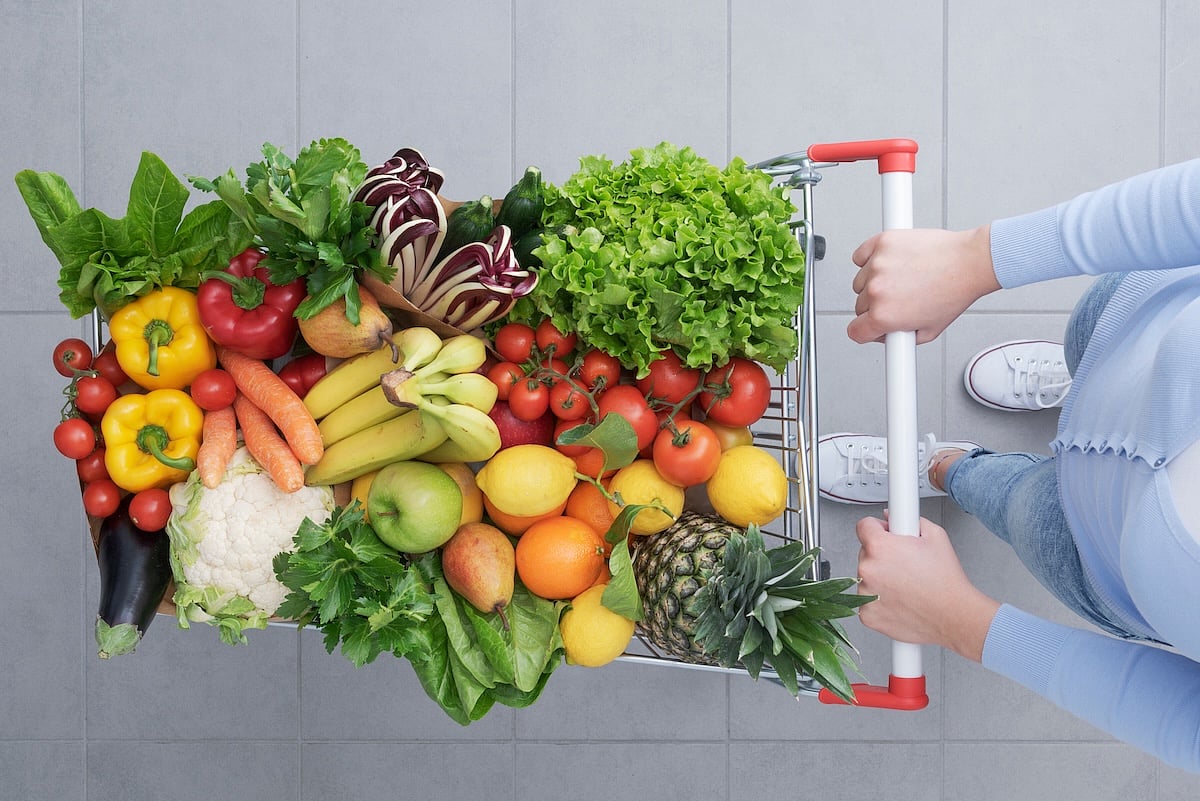Get Healthy!

- Posted September 25, 2025
Are Your Fruits & Veggies Hiding Pesticides? New Study Says Yes
Eating fruits and vegetables is key to good health, but a new study suggests that choosing produce with higher pesticide residues may boost the amount of these chemicals leaching into the body.
Researchers linked the types of produce people eat with levels of pesticides found in their urine.
The results show that eating foods on the Environmental Working Group’s (EWG) “Dirty Dozen” list such as spinach, strawberries and kale was tied to higher pesticide levels than eating items from the “Clean Fifteen,” which includes pineapples, sweet corn and avocados.
“We found consuming different types of fruits and vegetables changes your pesticide levels accordingly, with greater consumption of the higher-residue foods increasing pesticide levels in urine more than consumption of the lower-residue foods,” study author Alexis Temkin, vice president of science at EWG, told CNN.
The study — published Sept. 24 in the International Journal of Hygiene and Environmental Health —compared U.S. Department of Agriculture (USDA) testing data on produce with urine samples gathered through an annual federal government health survey.
Experts said the findings show a clear connection between what people eat and their exposure to different pesticides.
“This tells us that we don’t have to measure each person — when people eat a lot of produce with high residues of pesticides, they’re more likely to have elevated levels in their urine,” Linda Birnbaum, former director of the National Institute for Environmental Health Sciences, told CNN. She was not involved with the study.
The 2025 EWG Shopper’s Guide reported that samples of spinach carried more pesticide residue by weight than any other produce tested.
In total, researchers found 203 different pesticides across the Dirty Dozen list. The most toxic mixtures were found in green beans, spinach, peppers and leafy greens, researchers said.
On the other hand, papaya, onions and watermelon were among the least contaminated fruits, according to the Clean Fifteen list.
Health experts stress that fruits and vegetables should still be part of a healthy diet.
Further, if purchasing organic isn’t possible, you can reduce pesticide exposure by choosing more foods from the Clean Fifteen and by washing all produce thoroughly, researchers explained.
Pesticide exposure has been linked in previous research to birth defects, heart disease and certain cancers. Children and pregnant women are especially vulnerable.
More information
The U.S. Environmental Protection Agency has more on food and pesticides.
SOURCE: CNN, Sept. 24, 2025
